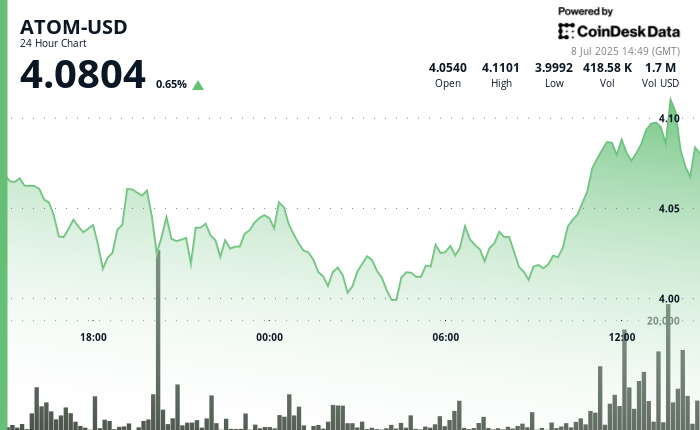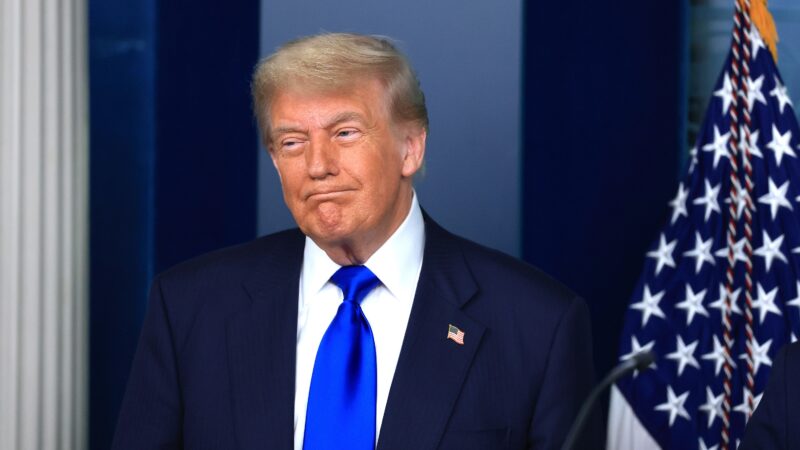Fourth commissioner also announces goodbye

Kristin Johnson from the US Commodity Futures Trading Commission (CFTC) has announced that it will leave the authority before 2026.
In a message from May 21st explained Johnson, she wanted to leave the CFTC “later this year” after her term in April ended. The commissioner, who occupies a democratic seat with the financial supervisory authority, had been in office since March 2022 after being nominated by former President Joe Biden.
In her farewell message, Johnson referred to her work as a sponsor of the advisory committee for market risks, which deals with “emerging problems that occur in the introduction of decentralized financial products such as digital assets or cryptocurrencies and other aspiring markets”.
Your resignation could take place before US President Donald Trump nominated a successor and confirmed it by a majority of Senate. The commission members Summer Mersinger and Christy Goldsmith Romero had previously said that they would resign on May 30th and 31st, and the incumbent CFTC chair Caroline Pham said Likewise, she is planning to “switch to the private sector” if Brian Quintenz was to be the next head of the authority confirmed by the Senate.
Since the departure of former chairwoman Rostin Behnam in February, a position in the five-member CFTC committee has been vacant. According to the guidelines of the CFTC, the commissioners can be in office beyond the end of their term remainuntil a “successor is appointed and qualified”, provided this happens before the next meeting of the congress.
CFTC
Johnson's announcement indicates that the entire management of one of the most important financial supervisory authorities in the United States could be replaced by Trump's candidates in 2026. The President had nominated Quintenz in February as CFTC chairman, but the Senate had not applied for a vote on his confirmation for more than three months.
Together with the Securities and Exchange Commission (SEC), the CFTC dealt with specific regulation and enforcement issues in connection with digital assets. However, the lack of “clear rules of the game”, according to some legislators and industry leaders, has led to claims for a law that introduces a regulatory structure for the market for digital assets and clarifies the tasks of the individual authorities.





